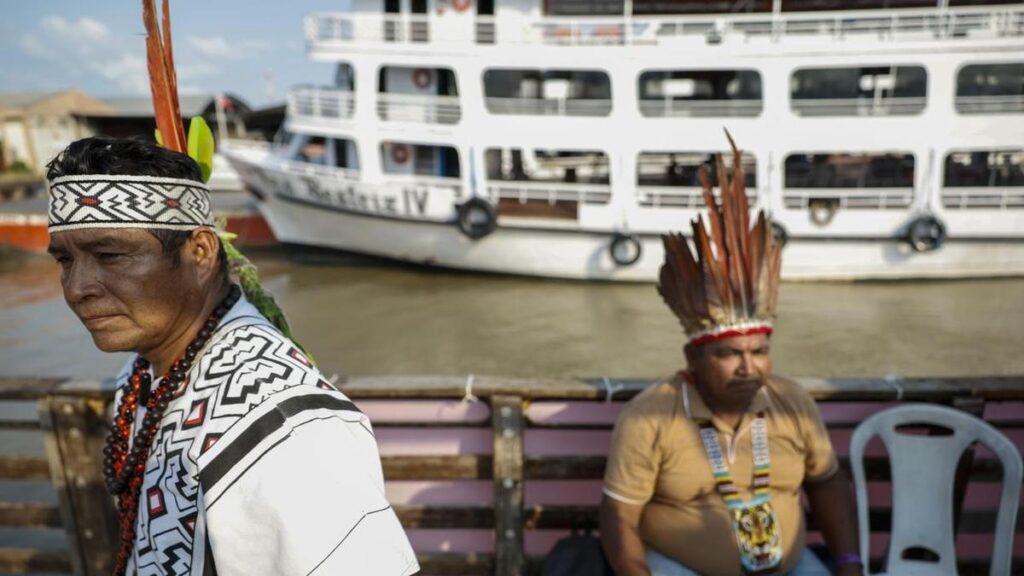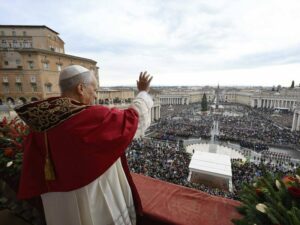
UPDATE: The highly anticipated COP30 climate summit has officially opened in Belem, Brazil, as over 190 countries gather to confront pressing climate issues. This two-week event, commencing today, is marked by uncertainty over whether a final agreement will emerge, amidst a backdrop of contentious global politics.
As the summit kicks off, the focus is on significant topics including a 2023 pledge to phase out polluting energy sources and the urgent need for financing mechanisms to facilitate this transition. COP30 President Andre Correa do Lago indicated that countries may opt for smaller, non-consensus actions, stating, “My preference is not to need a COP decision.”
The summit also sees the emergence of China playing a crucial role, especially as the United States prepares to exit the Paris Agreement in January. Do Lago noted, “China is coming with solutions for everyone,” emphasizing the importance of affordable green technologies.
Indigenous leaders have made a powerful entrance, arriving by boat after a grueling 3,000 km journey from the Andes. They are demanding a greater say in the management of their territories, which are increasingly threatened by climate change and industrial encroachment. Pablo Inuma Flores, an Indigenous leader from Peru, stated, “We want to make sure that they don’t keep promising, that they will start protecting, because we as Indigenous people are the ones who suffer from these impacts of climate change.”
In a critical warning, scientists from various global institutions have raised alarms about the destabilization of the world’s frozen regions. Their letter to COP30, published hours before the summit, emphasized that “geopolitical tensions or short-term national interests must not overshadow COP30.”
The first agenda item for COP30 will be a vote on the agenda itself. Do Lago mentioned that countries have been negotiating for months over what to include. Brazilian President Luiz Inacio Lula da Silva hopes to steer discussions towards a concrete plan for transitioning away from fossil fuels, stating, “How are we going to do this? Is there going to be consensus about how we are going to do it? This is one of the great mysteries of COP30.”
By Monday morning, a total of 106 governments had submitted new climate plans, with more expected to join this week, including South Korea and India. Notably, delegates are eager to address agricultural emissions, a topic often sidelined due to its complexity and impact on food security and livelihoods.
As the summit unfolds, the eyes of the world will be on Belem, where the outcomes could shape the future of global climate policy. Stay tuned for updates as countries deliberate on critical climate actions that could impact millions worldwide.





